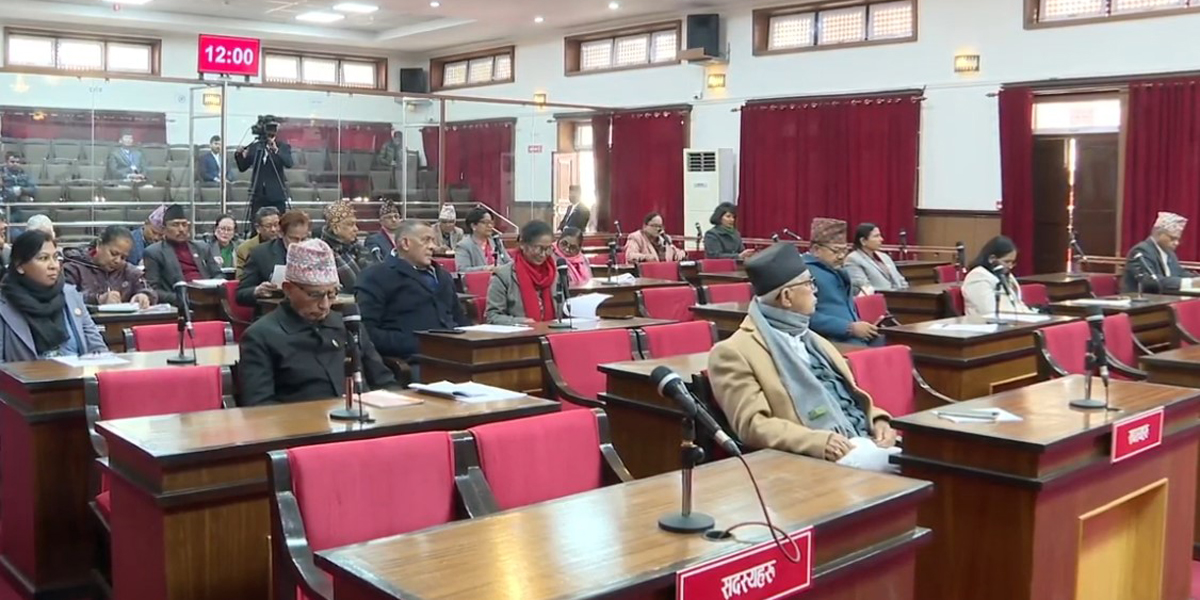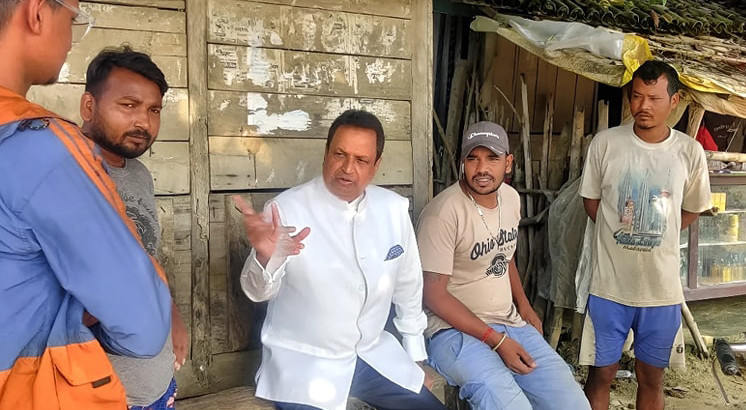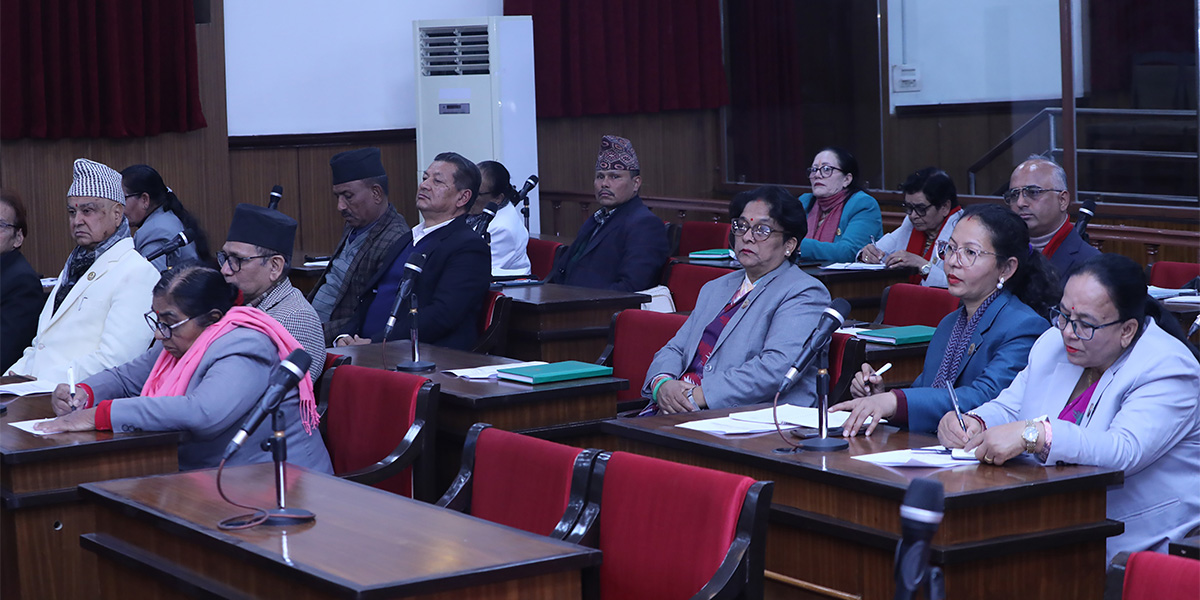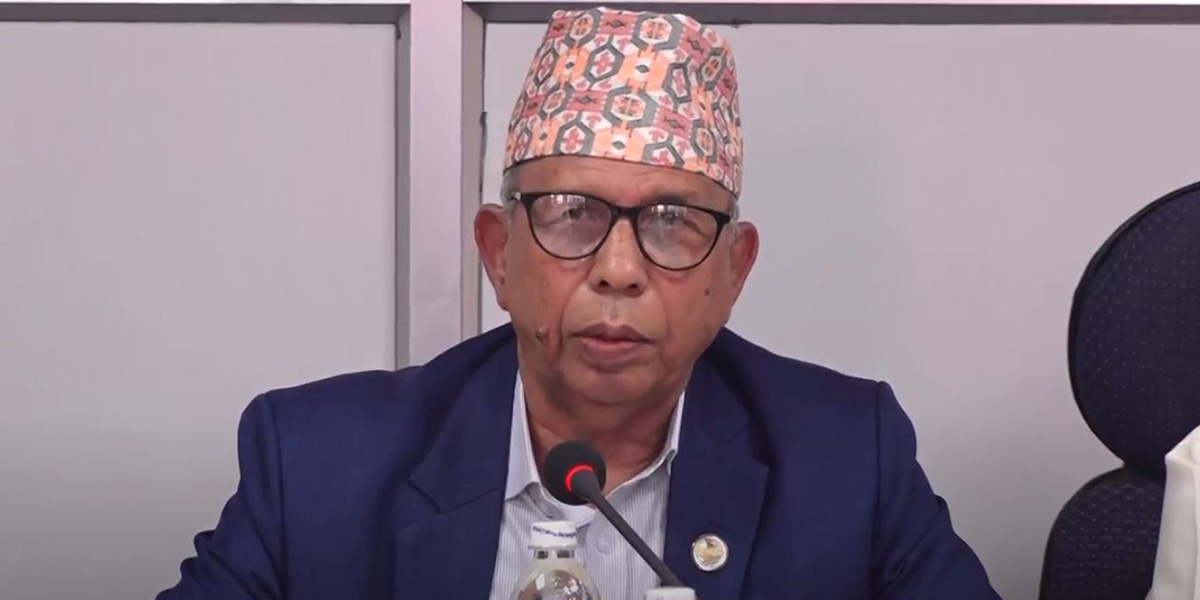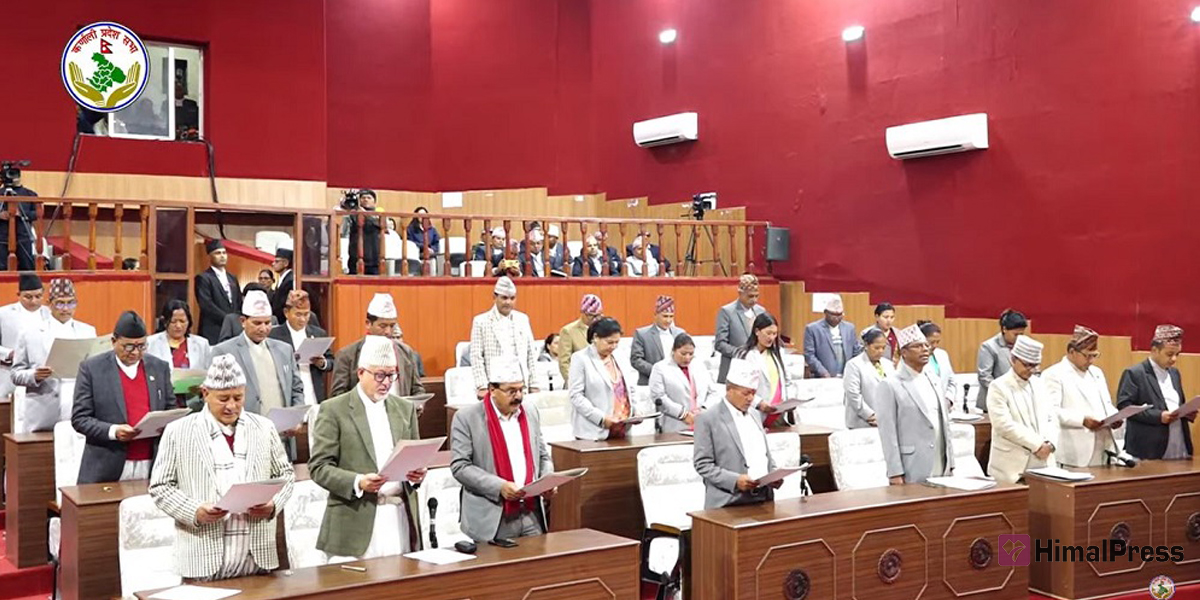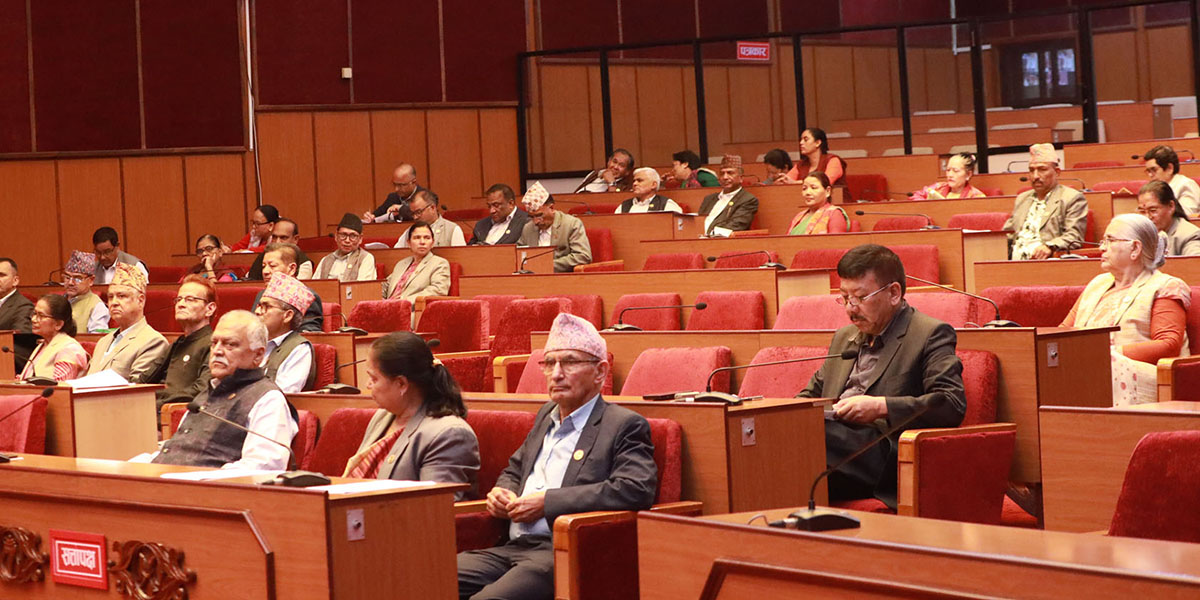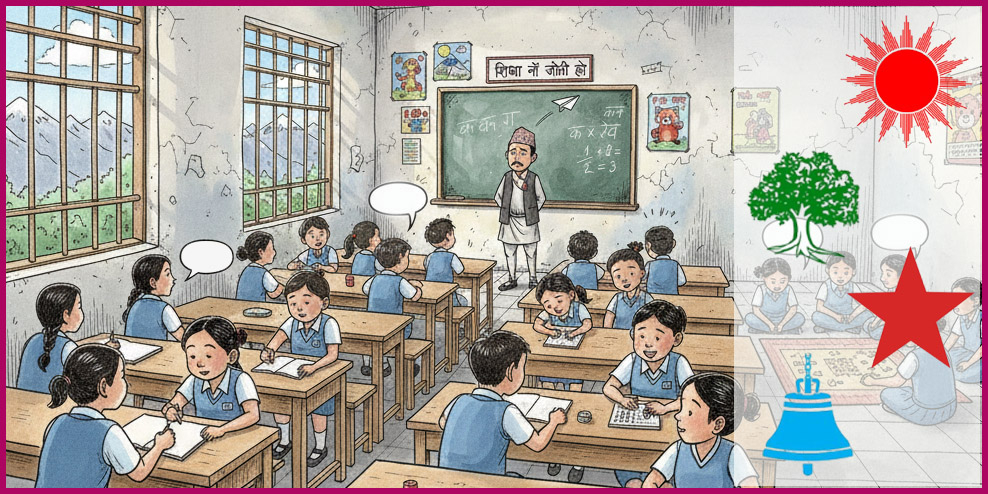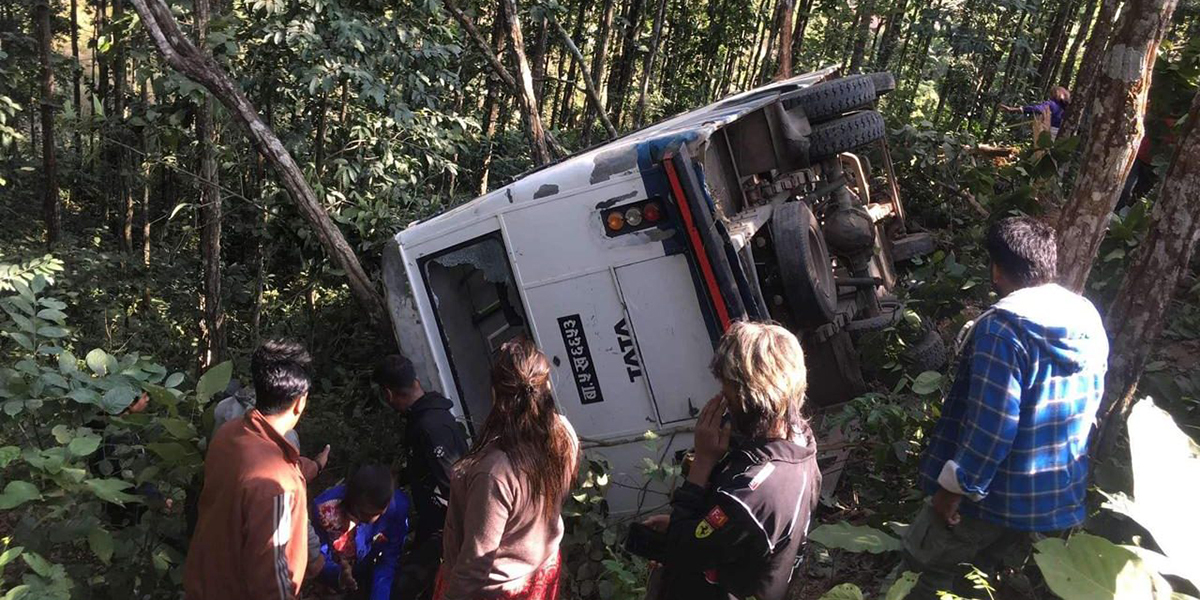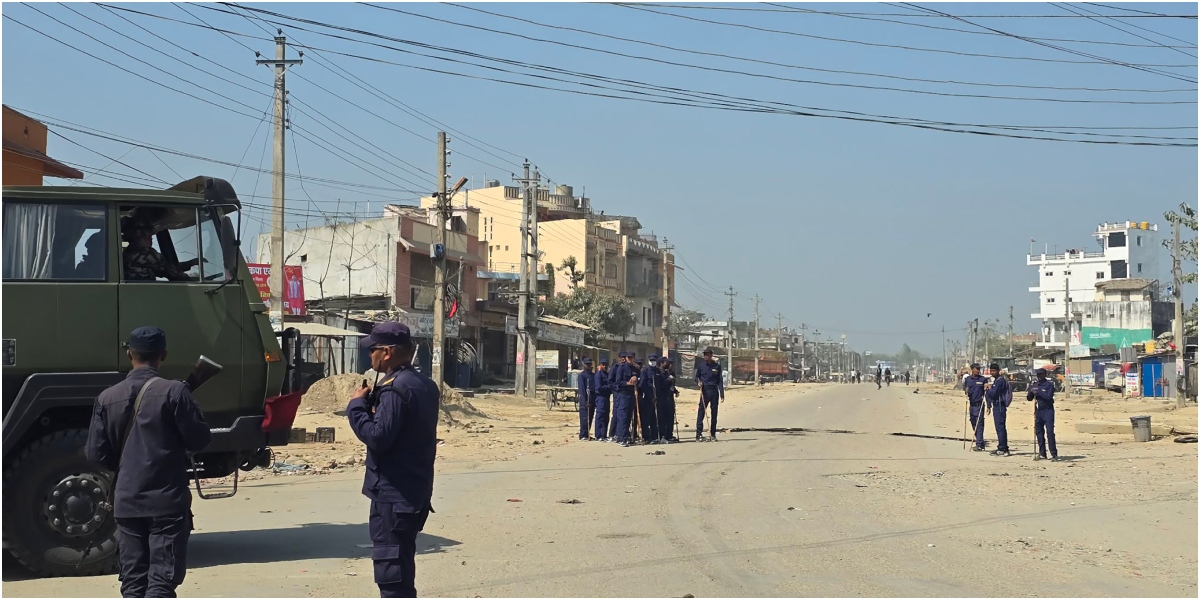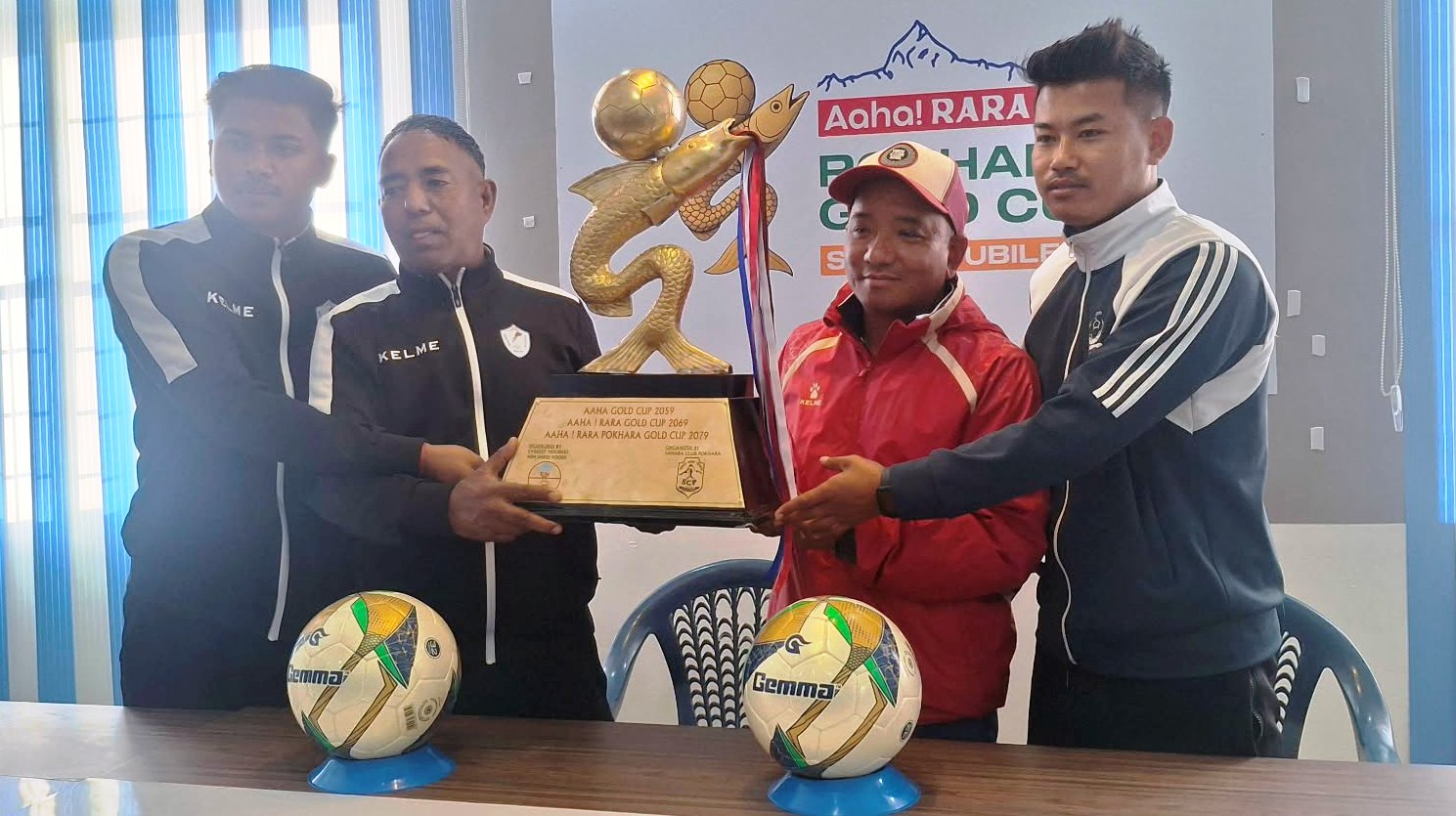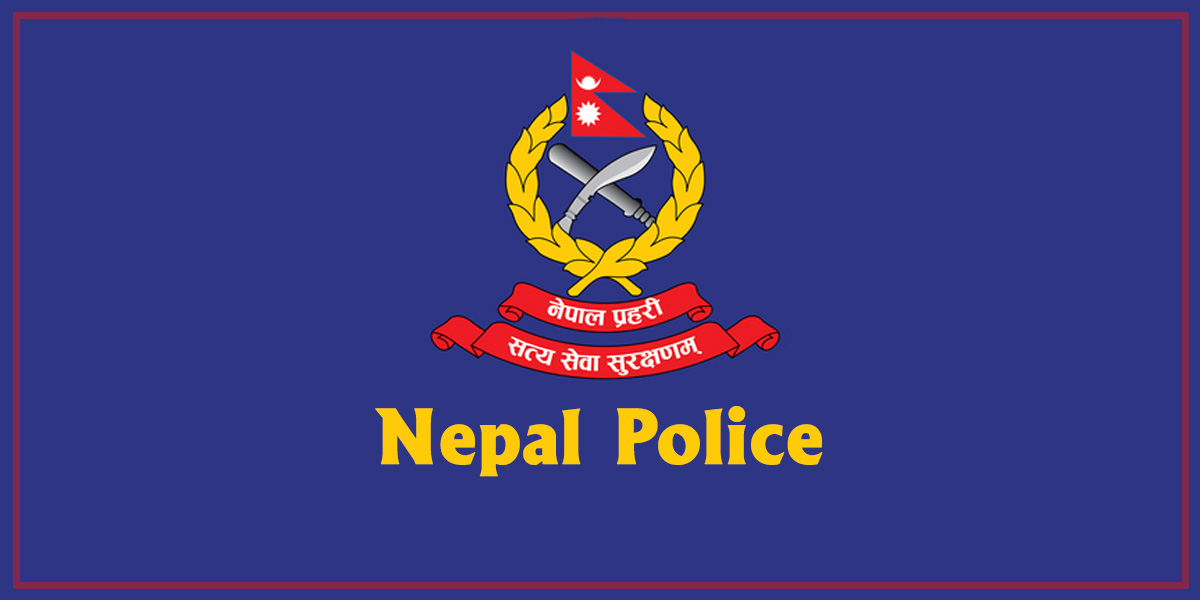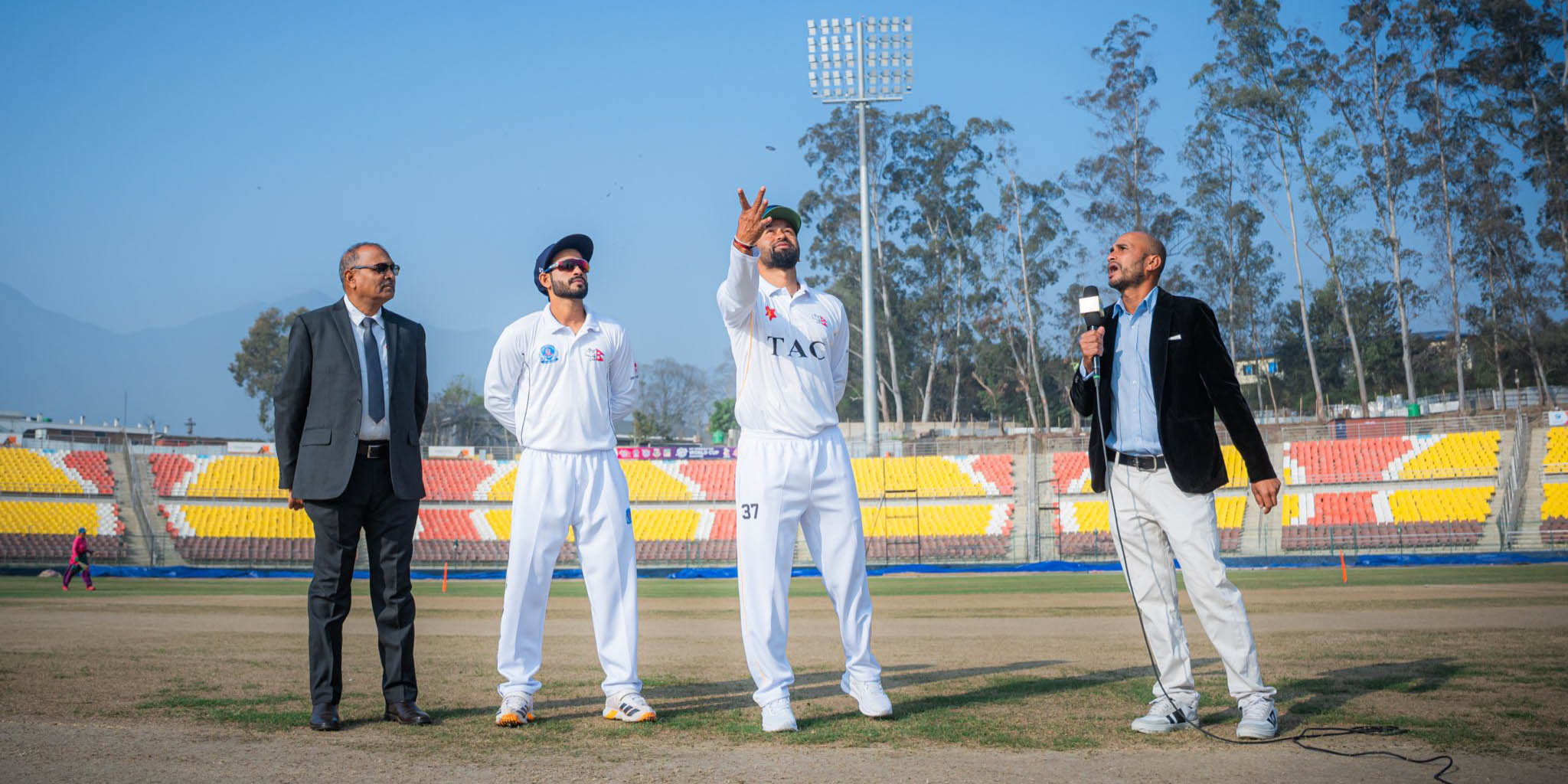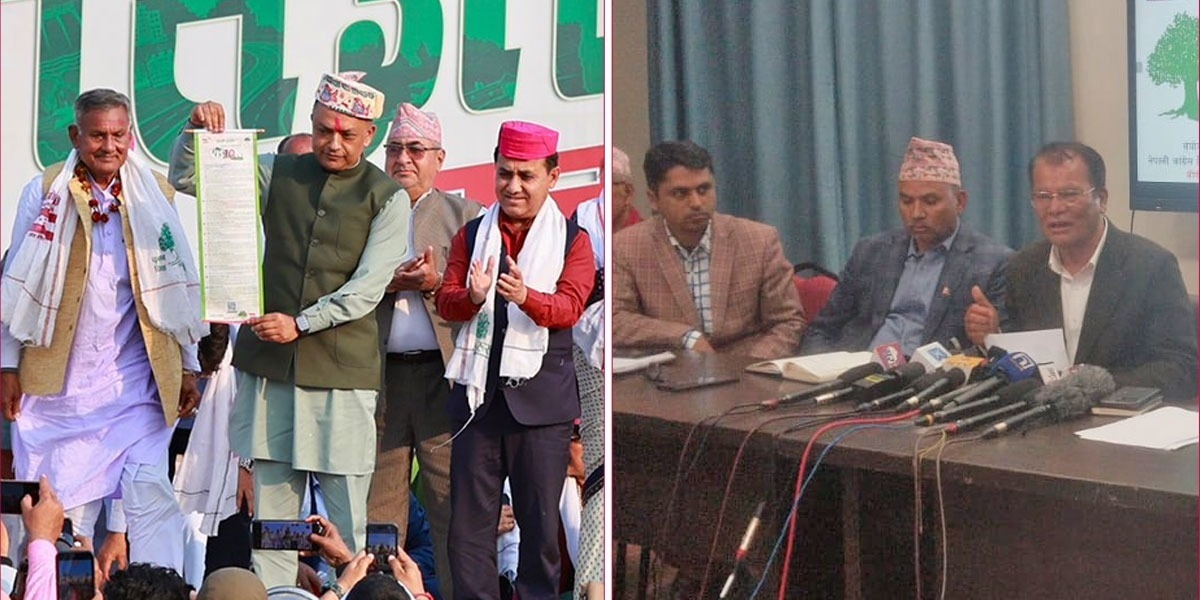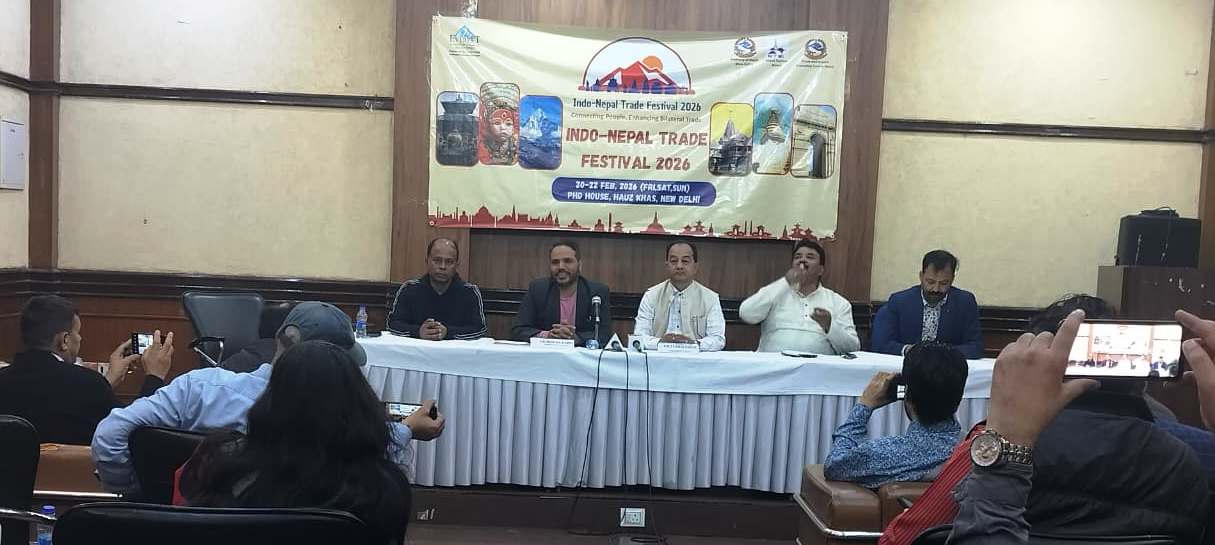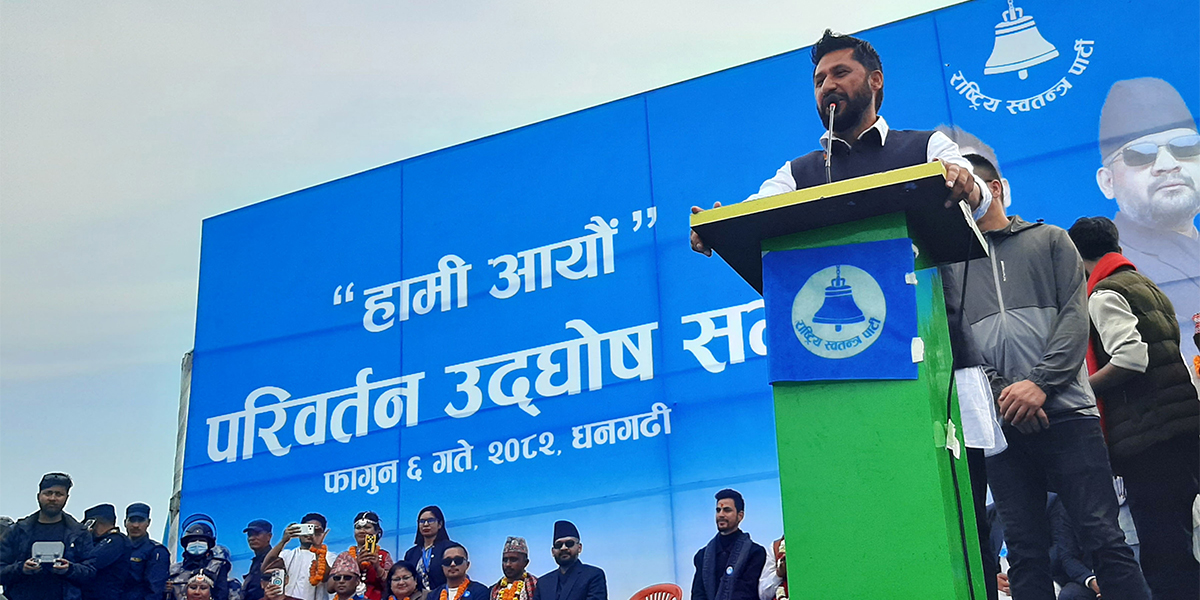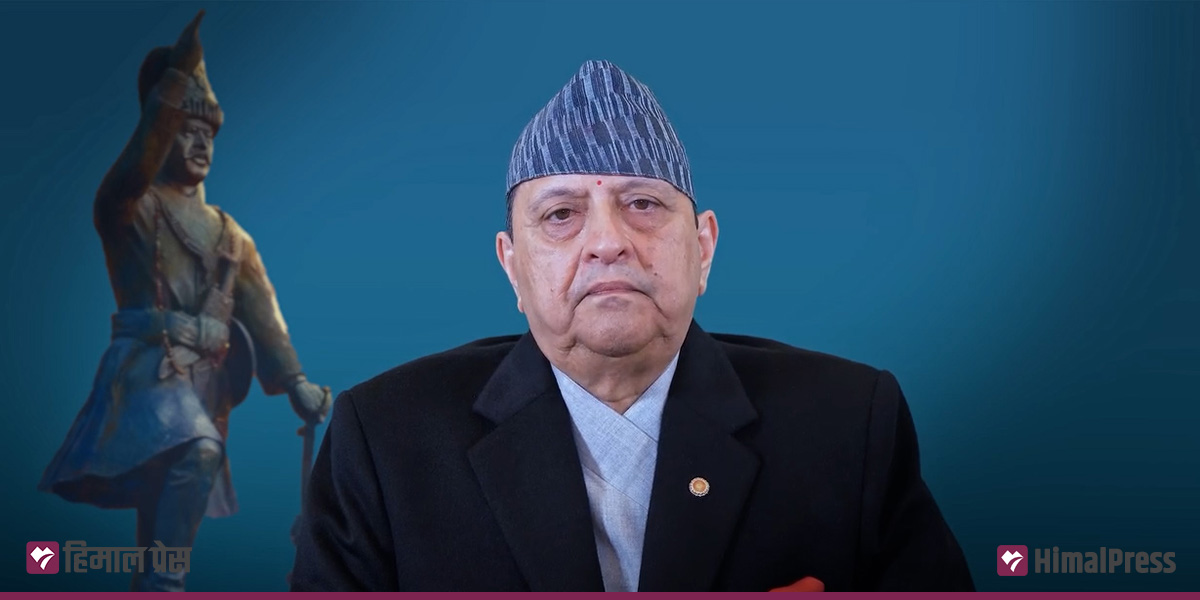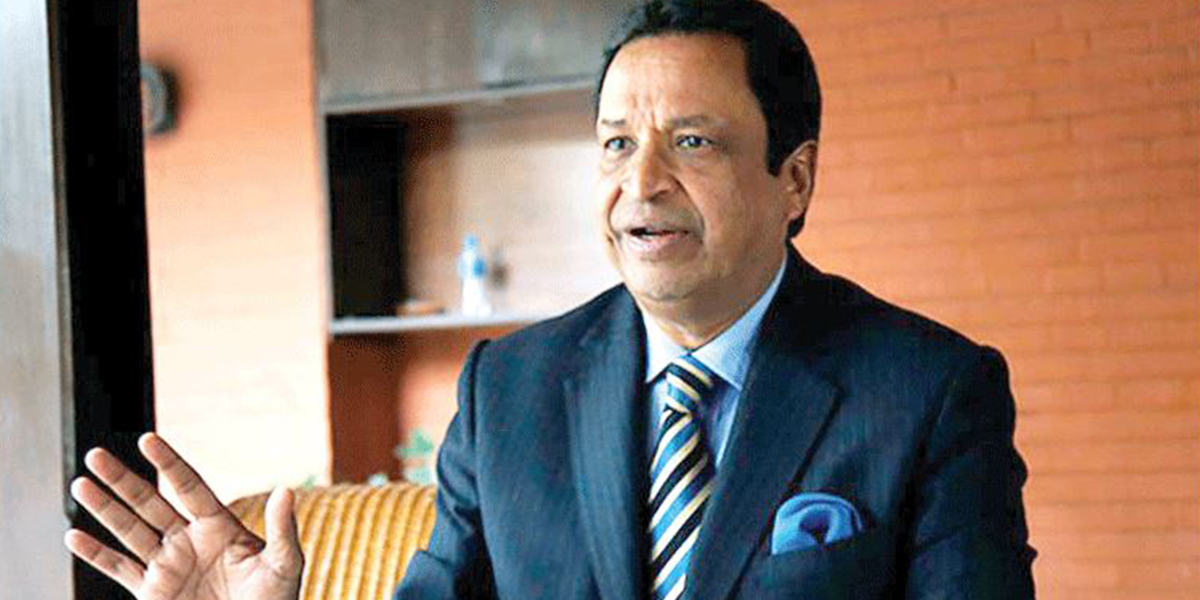
KATHMANDU: Many know Binod Chaudhary as a successful businessman—the only Nepali in the Forbes list of billionaires. According to the US-based publication, Chaudhary has a net worth of $1.8 billion. He was first featured in the Forbes list in 2013.
Of late, Chaudhary is more involved in politics. He has turned to full-time politics by handing over the reins of the business empire that he built on the foundation created by his father to his sons. Although more than one and a half decades have passed since Chaudhary began his parliamentary journey, he is serving his first term as the directly elected people’s representative. He was elected to the House of Representatives from Nawalparasi (West)-1 constituency in the election held in November last year. He leads the Finance Committee of the House of Representatives.
As a member of the House of Representatives, Chaudhary regularly shares his perspectives on important bills and topics in Parliament. “While my attendance may not be 100% in terms of numbers, I have actively participated in discussions on matters of national importance and crucial bills,” he said.
It has been over seven years since the country adopted the federal setup. People’s representatives are now serving their second term post the adoption of federalism, and the three tiers of government are operational. Despite this, representatives at the provincial and local levels argue that federalism has not been fully implemented, and true decentralization has yet to occur. Chaudhary is committed to addressing the challenges in the implementation of federalism. “As a member of the House of Representatives, I am dedicated to alleviating difficulties in the implementation of federalism and ensuring proper management of remaining issues. I actively work towards this goal with a strong commitment,” he added.
Chaudhary’s priorities as an elected lawmaker are crystal clear, and he has a well-defined blueprint for their implementation. Some of these initiatives are already underway. However, he acknowledges that changes in government, shifts in coalitions, and parliamentary formation challenges have caused delays in executing certain plans. “I am pleased that, despite the obstacles, I have been able to make a meaningful impact in the federal parliament,” he added.
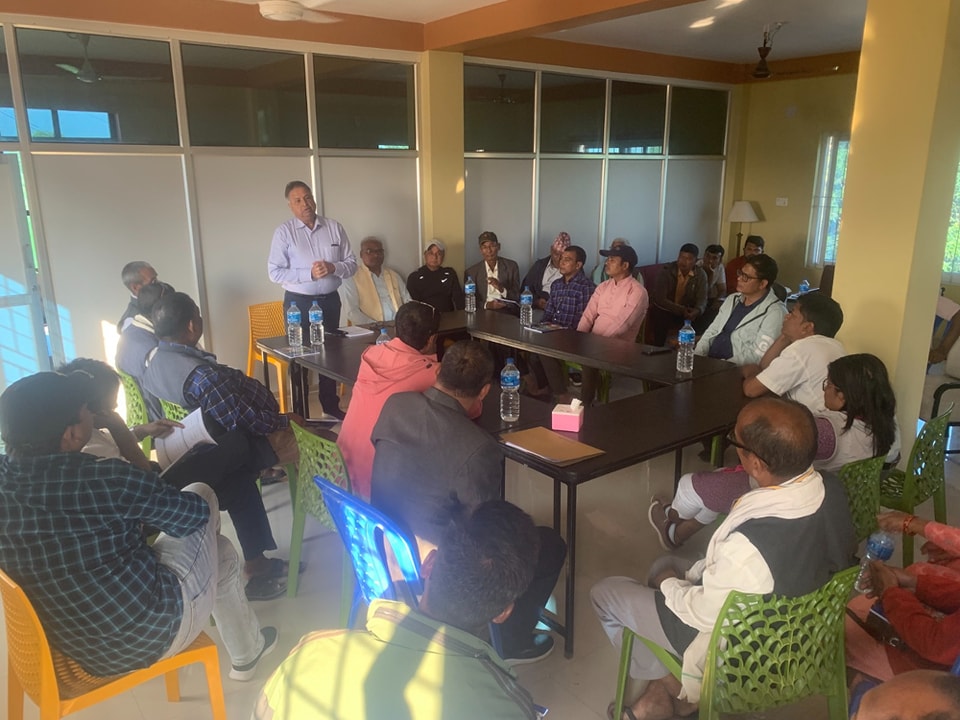
Equally significant for Chaudhary is the development of his electoral constituency. He has been working actively to resolve confusion and inconsistencies in development initiatives across the three tiers of government. To eliminate ambiguity, he has crafted a blueprint that clearly outlines the roles of people’s representatives at all levels within his constituency.
People’s representatives at all three levels have outlined their priorities in implementing development projects to fulfill pre-election promises. Under Chaudhary’s leadership, a collaborative culture has emerged among all relevant agencies and public representatives. “I consider the development of a cooperative working environment as a significant achievement,” Chaudhary shared.
When asked to evaluate his performance in the first year, Chaudhary expressed dissatisfaction, stating, “I must admit that I haven’t been able to contribute according to my abilities and qualifications. There are inherent limits and constraints, but I have remained fully engaged as an elected representative.”
Chaudhary doesn’t use the salary and allowances he receives from the Federal Parliament Secretariat as a lawmaker on personal purposes. Instead, he directs ten times that amount towards various social initiatives.
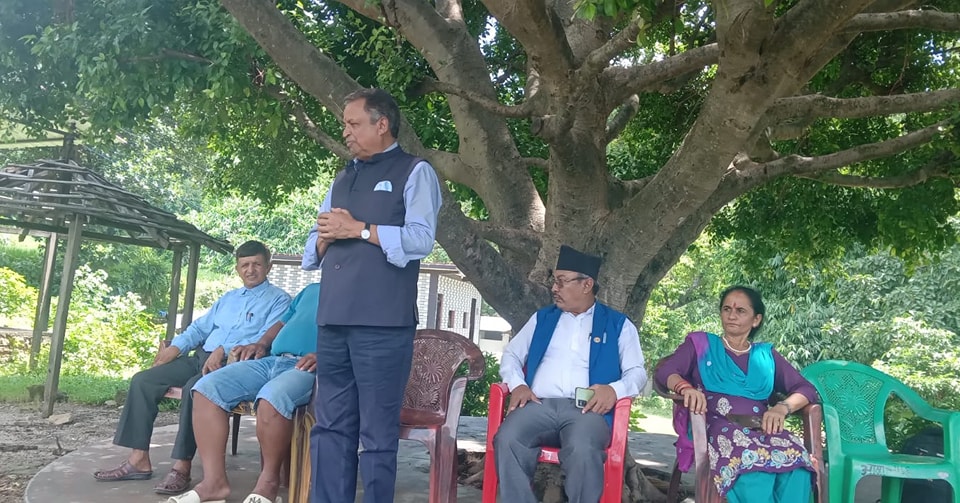
Electoral constituency in top priority
Chaudhary has adopted a distinctive approach to foster the development of his constituency. He has established a secretariat within the constituency to efficiently address citizen complaints and problems, streamlining the process of development work. Additionally, a political secretariat has been instituted at the center to faciliate his effective presence in the House of Representatives and serve as a coordinating center with the government agencies for constituency development. Chaudhary’s experience indicates that this strategy has strengthened his political and developmental campaigns.
Furthermore, he has unveiled 15 ‘pride projects’ for his constituency, including Narayani River (Gandak Canal) management and sanitation, fisheries in the Hulasi River, technical education at Mahendra Secondary School, construction of a ring road with integrated suburbs in Pratappur, promotion and development of banana and sugarcane cultivation, and the establishment of a university in science and technology.
Similarly, electrification in irrigation, the development of a Buddhist Circuit trail for tourism promotion, an agricultural promotion center, housing for the poor, the development of nature-friendly mountain tourism, the construction of a small and medium-scale industrial village, the construction of an integrated hospital with specialiazed services, and the development and promotion of sports with the construction of a stadium, as well as sanitation and greenery works in Bardghat Municipality, are among the prioritized programs.
In addition to the pride projects, Chaudhary has undertaken necessary initiatives to address people’s demands and expedite projects by providing essential facilitation. The Narayanghat-Butwal Road Upgradation project is one such initiative that Chaudhary has championed. As a result of his efforts, the project, which had only achieved 17% progress before Chaudhary’s election, has now reached 59% progress, registering a monthly progress rate of 4%.
The Hulaki Rajmarga Project, regarded as the lifeline for Tarai districts, has also gained momentum thanks to Chaudhary’s facilitation. Similarly, works on the Gandak Canal, which had been malfunctioning for two decades, have accelerated following an allocation of Rs 800 million. Upon completion, the project is expected to eliminate the issues of flood and inundation in the Nawalparasi West district.
Under Chaudhary’s initiation, a banana chips factory has been started in his constituency. Additionally, his active involvement in fixing minimum support price for sugarcane has resulted in positive outcomes.

Land for the Landless
During his election campaign, Chaudhary pledged to provide land ownership certificates to landless individuals. Within six months of his election, he translated this commitment into action.
In less than two months after the election, land in Trinetra Dham in Bardaghat-7 was surveyed for this purpose. In June, Chaudhary distributed land registration certificates to the landless in a ceremony graced by the Minister for Land Reforms and Management, Ranjita Shrestha.
Social works through Chaudhary Foundation
Chaudhary, beyond his roles as a billionaire and lawmaker, actively engages in philanthropy through the Chaudhary Foundation.
The foundation is dedicated to implementing a range of programs spanning social, educational, and financial sectors. Some notable initiatives include women’s capacity development, the establishment of health facilities equipped with birthing centers, the promotion of technical and polytechnical education, and the distribution of sports accessories for youths. Additionally, the foundation supports pilgrimage opportunities for senior citizens.
“These endeavors have directly benefited the local community,” he added.

 Himal Press
Himal Press 